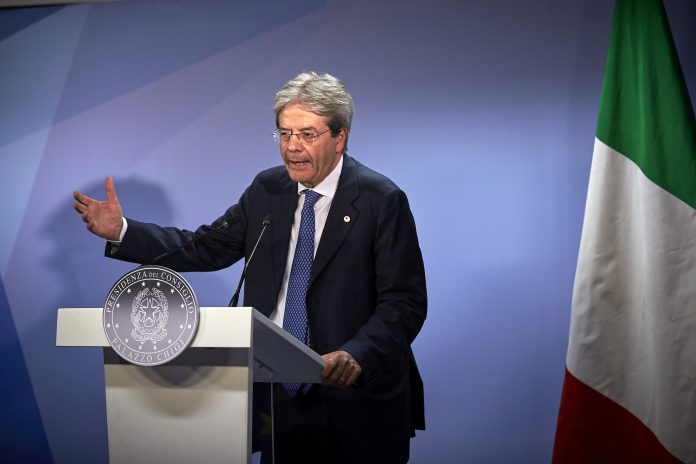Italy goes to the polls after President Sergio Mattarella dissolved the parliament on Thursday and called for elections to take place on March 4, 2018.
Polls suggests Italy is walking into a period of prolonged political instability, projecting a three way split of the vote between the centre and far-right alliance led by Silvio Berlusconi’s Forza Italia exceeding 30% (16% for Forza Italia, 13% for Lega Nord, 5% for Brothers of Italy).
Meanwhile, the biggest party in absolute numbers is the Five Star (M5S) movement, which campaigns on an anti-immigration ticket and the promise of a referendum on EU membership.
The governing centre left boasts dealing with a banking crisis that would have undermined the stability of the Euro, while fending off fears of a public debt crisis. Aided by the European Central Bank’s quantitative easing programme, the Italian economy has returned to growth, reigned over public deficit and has started to see the de-escalation of unemployment.
On Thursday, Prime Minister Paolo Gentiloni recalled that Matteo Renzi’s government and his own not only faced up to a “systemic crisis” in the banking sector but also paved the way for the creation of one million jobs while championing an ambitious human rights agenda that includes a civil union and anti-torture legislation.
At the forefront of a migration route from Africa, Italy is only second to Greece in dealing with the ongoing migratory crisis. The Gentiloni administration has resisted the temptation of an anti-immigration rhetoric, a law for the naturalization law for children of migrants born in Italy as well as special provisions for unaccompanied minors.
The bill has come at great cost, providing an excuse for defections from PD to Forza Italia, while providing Lega Nord with fuel for its vehemently anti-immigration rhetoric. As the political balance is tilting towards the right and MS5 is embracing an anti-immigration agenda, there is a possibility of a second government after Austria to include a far-right party in its cabinet.
Paolo Gentiloni is expected to stay on while negotiations take place after the elections in March. Given the unprecedented balance of power and untested alliances, the negotiation period could be prolonged.

